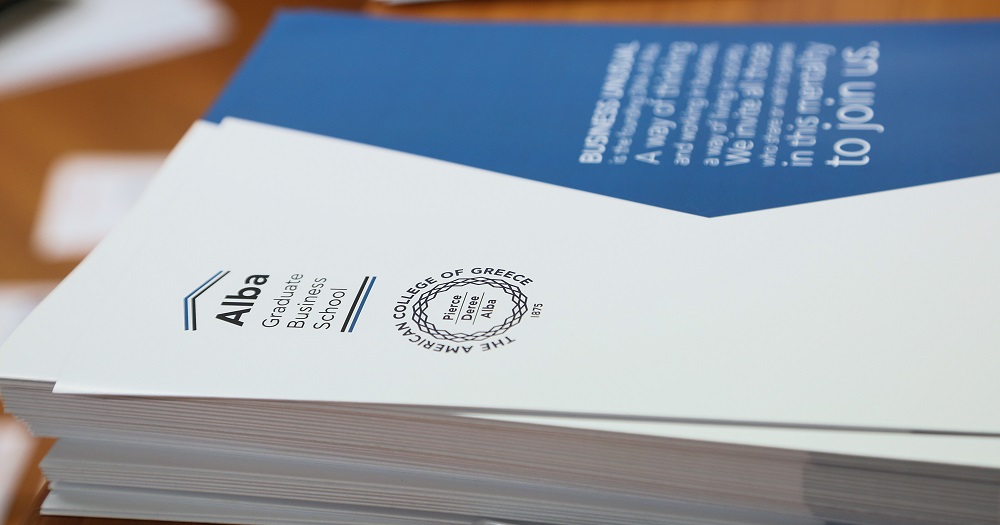A pan-european comparative study of work climate : A framework for improving the industrial relations scene at the plant level
Research program: DG Employment and Social Affairs, BUDGET HEADING
Short description
The fundamental aim of the “EU-Workclimate “ project was to conduct a comparative analysis amongst 15 member countries based on standardized data pertaining to employment conditions supplied by the “Great Place to Work Europe”. The later has developed over the years a methodology (standardized instruments and sampling procedures) for data collection enabeling them to choose the “best company to work” in each country. The data bank includes information provided by employees and managers in hundreds of companies in each EU member state. Another aim of this project is to use the results of the study as a platform for exchanges of opinions and experiences between some principal social actors and heads of European companies in the field of industrial relations with the purpose of exploring benchmark models in industrial relations and guidelines for developing future frameworks for optimizing working climate in Europe. Tangible expected results: 1) Scientific report on the analysis of employment conditions in Europe. The findings of the study came from the comparative statistical results compiled in the period 2003-2004 under the study "GREAT PLACE TO WORK IN EUROPE". Up to then, the results were used nationally, but there was no comparative analysis between countries. This European dimension contributed significant added value to the data compiled to date. 2) Obtaining European indicators on living conditions at work that allow a comparison of the different models of industrial relations in Europe. One intangible result also was: 3) The reinforcement of the links between the different social, business and public authority actors linked to the field of industrial relations.
Partnership
*ESADE (E)
*GPW Europe (DK)
*Vlerick Leuven Gent Management School (B)
*ALBA (Greece) *GPW Netherlands (NL)




